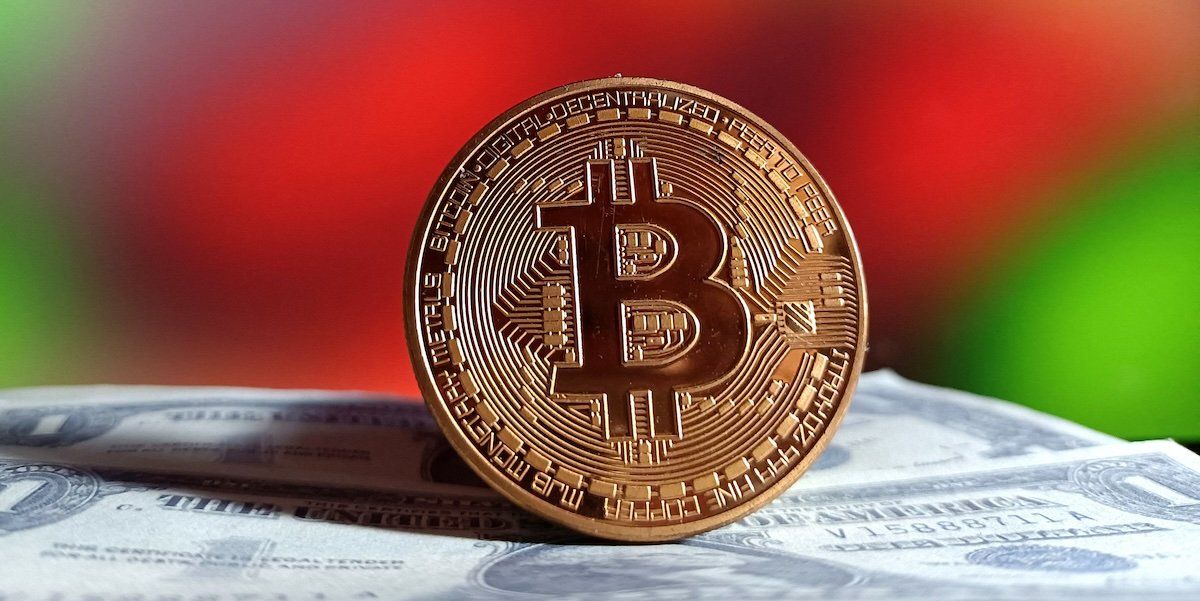The past year and a half has been brutal for cryptocurrencies, as a barrage of bad news, scandals, and bankruptcies fanned suspicions about the credibility of digital coin.
But US federal regulators on Wednesday gave the industry a huge boost of confidence by authorizing some of the world’s largest financial firms to begin offering Exchange Traded Funds (known as ETFs) linked to Bitcoin, the most prevalent crypto currency.
ETFs will enable investors to park their money in funds that contain Bitcoin, rather than investing in the currency itself — this offers a buffer against the volatility associated with buying and selling Bitcoin directly.
Supporters say it’s a huge step towards normalizing cryptocurrencies and opening them up to a wider pool of less risk-tolerant investors. Critics say the move will end in tears as crypto-risks are transfused into the traditional financial sector’s bloodstream.
One person who’s happy about the news? El Salvador’s president Nayib Bukele, who made Bitcoin legal tender three years ago. Anticipation of the ETF decision has pulled his country’s bet on the currency nearly $13 million back into the black in the past few days. Whether that will help to dispel wider questions about the wisdom of his move remains to be seen, but when you’re up you’re up – and right now he’s up.
